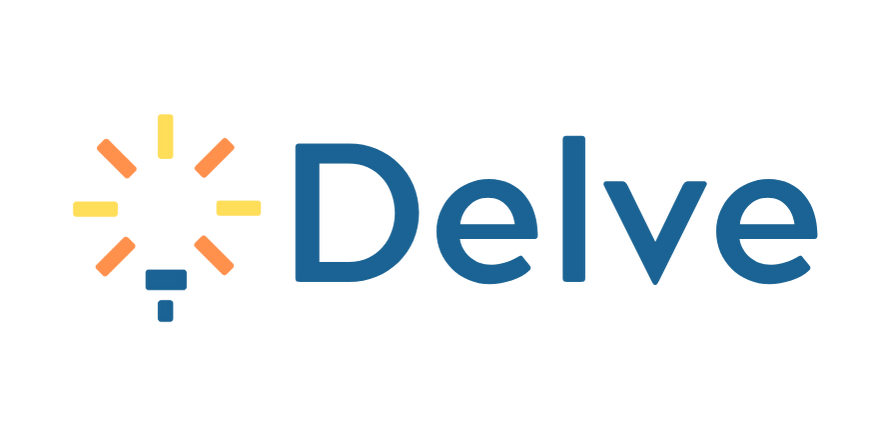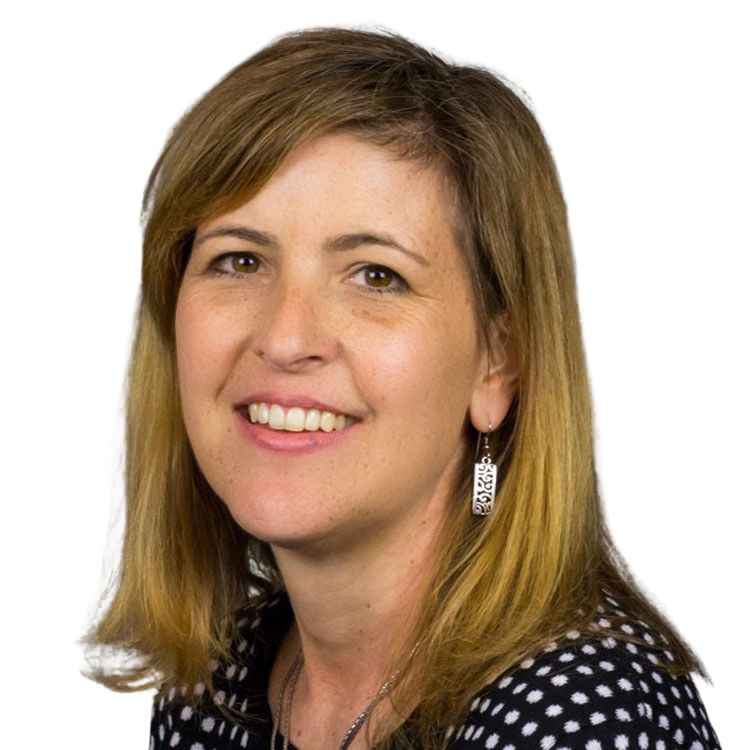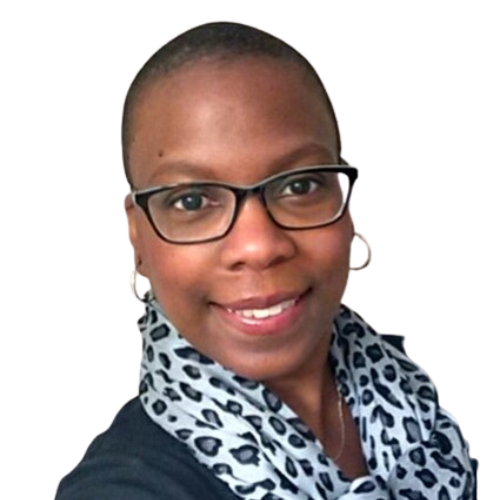Hiring an executive coach can be scary.
You are about to invest time and money on a journey of self-discovery. You know that having a great “fit” with your coach is a key predictor of a successful coaching relationship. But you don’t know how to find the right person.
Should you look for:
- A kindred spirit who “gets” you
- A polar opposite who challenges (or even scares) you
- Someone from the same industry/vertical/band level
- It depends…
For a quick answer, scroll down. But before you skip ahead, check out our experts’ insights. Delve executive coaches Cammela Teel, Jeff Balesh and Michelle Mehta say:
To find your perfect coaching fit, take these active steps:
- Test your assumptions about what “fit” means
- Ask tough questions – of yourself and a potential coach
- Check for the trust factor
Test your assumptions
“Fit is elusive and hard to quantify. It is different for each person.” says Cammela Teel. “You may think you want a coach who is just like you – someone who ‘gets’ you. But that type of relationship may not challenge you to grow.”
She says, “Test your assumptions by interviewing three potential coaches — one who personifies what you think you want, one who has the opposite qualities, and one who is in the middle of the two extremes.”
Cammela has seen the success of this matchmaking process from her work placing coaches with senior leaders. She tells the story of an employee who began the interview process by refusing to work with a particular coach. Cammela encouraged the employee to interview three coaches, including the one the employee didn’t like.
After the interviews, the employee selected the coach they had initially rejected, explaining, “[This coach] wasn’t at all what I was looking for. But during our interview, she was clear and direct. She seemed like she would encourage me in a productive way.”
Interview coaches from different styles and backgrounds – and include a coach you really don’t think you want. The outcome may surprise you.
Don’t gloss over the interview. Ask the right questions
Michelle Still Mehta says, “Most people use the standard “chemistry call” to assess whether they have a personal connection with a coach’s style. But this is not enough. It is the minimum.” To determine if a coach is right for you, do a deep dive during the interview process.
Ask the coach about:
- Their process
- Assessment methods
- Communication style
- Background and motivations
- Track record
It’s not enough to interview the coach. You should also check in with yourself during the interview process.
Ask yourself:
- Did the coach hear me?
- Am I having a positive, negative or neutral reaction to the coach during this interview?
- Can I imagine achieving my goals through my work with this coach?
The Value of Trust
During the coaching process, you will be asked to test what you hold dear in terms of beliefs, motivations and attitudes, because these elements form the basis for your decisions and behaviors.
This process can be very challenging, especially for senior leaders. You need to trust that your coach has the credentials, confidentiality, experience, and wisdom to help you successfully navigate a process that can make you feel vulnerable.
Executive coach Jeff Balesh says to ask yourself, “Can I trust this person? Is this coach going to keep things confidential when speaking with my manager? Would I be comfortable sharing things with this coach that might be difficult for me to share with myself? ”
If you don’t trust your coach as you work through this process, how will you let yourself explore and grow? Jeff says, “Trust is sacrosanct.”
Drumroll please…The answer to the quiz?
It depends! A great fit between coach and client is the foundation for a successful coaching relationship, but fit isn’t a one-size-fits-all equation.
Each executive coaching relationship is – by definition – a custom solution, as unique as the individuals involved.
To find your best fit –the one that is uniquely right for you:
- Challenge your confirmation bias around what type of coach you want
- Ask deep questions and read your own reactions during interviews
- Recognize the importance of trust in a coaching relationship
With an open mind, a thorough process, and a gut-check on your feelings, you will take a successful first step of your coaching journey.




